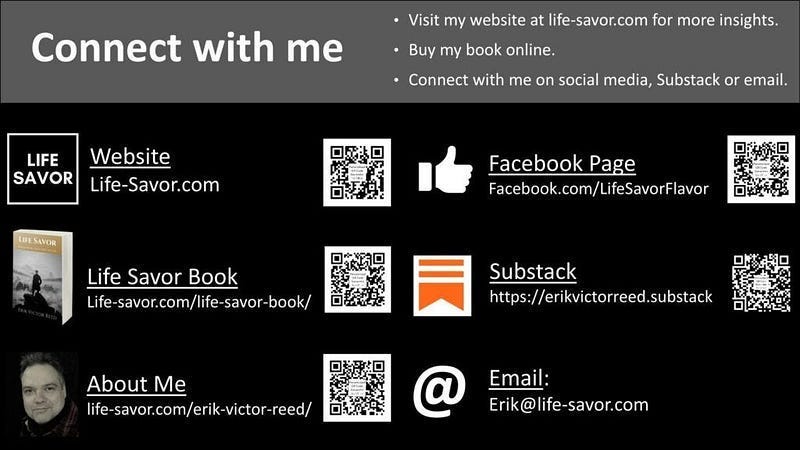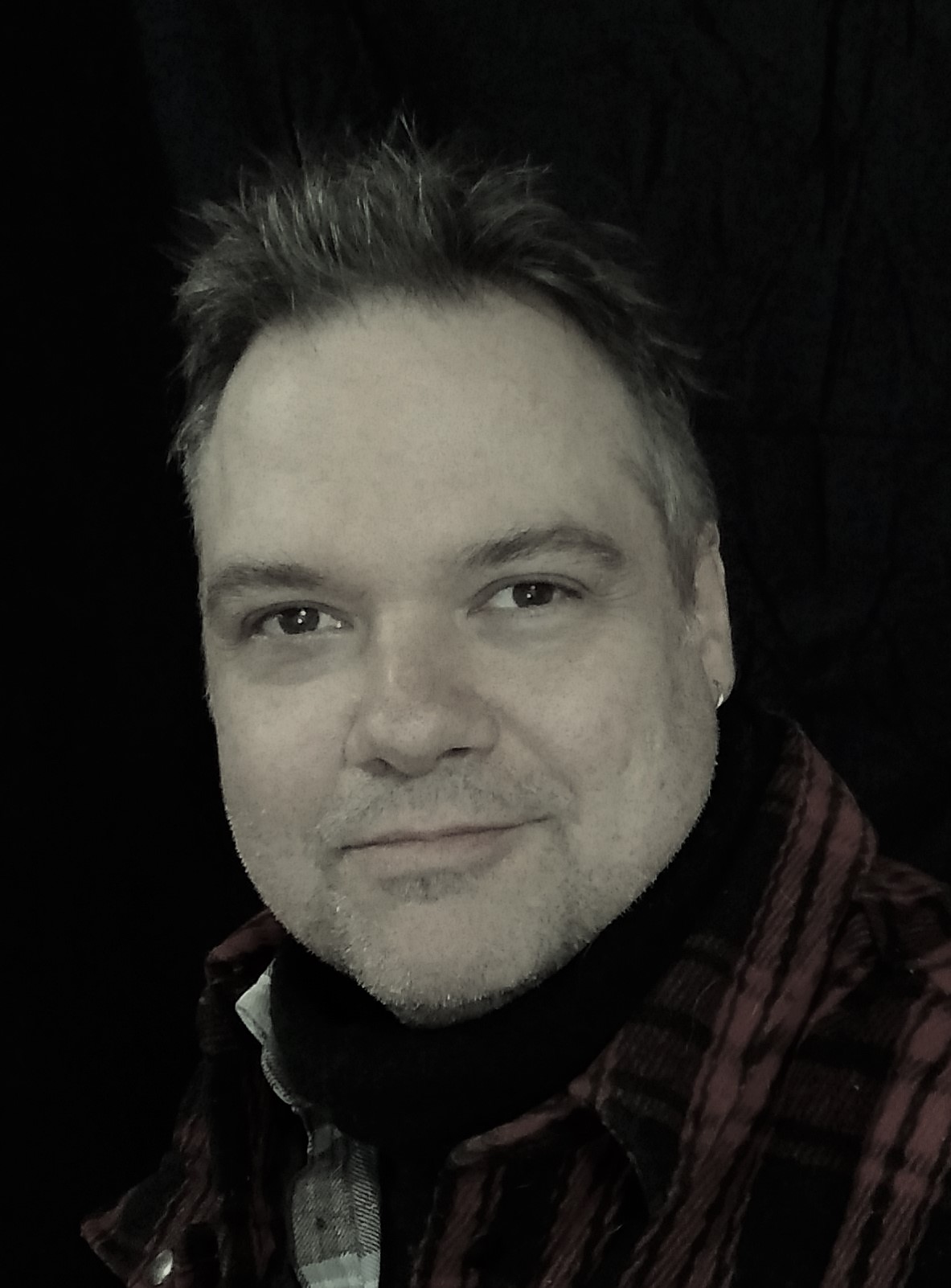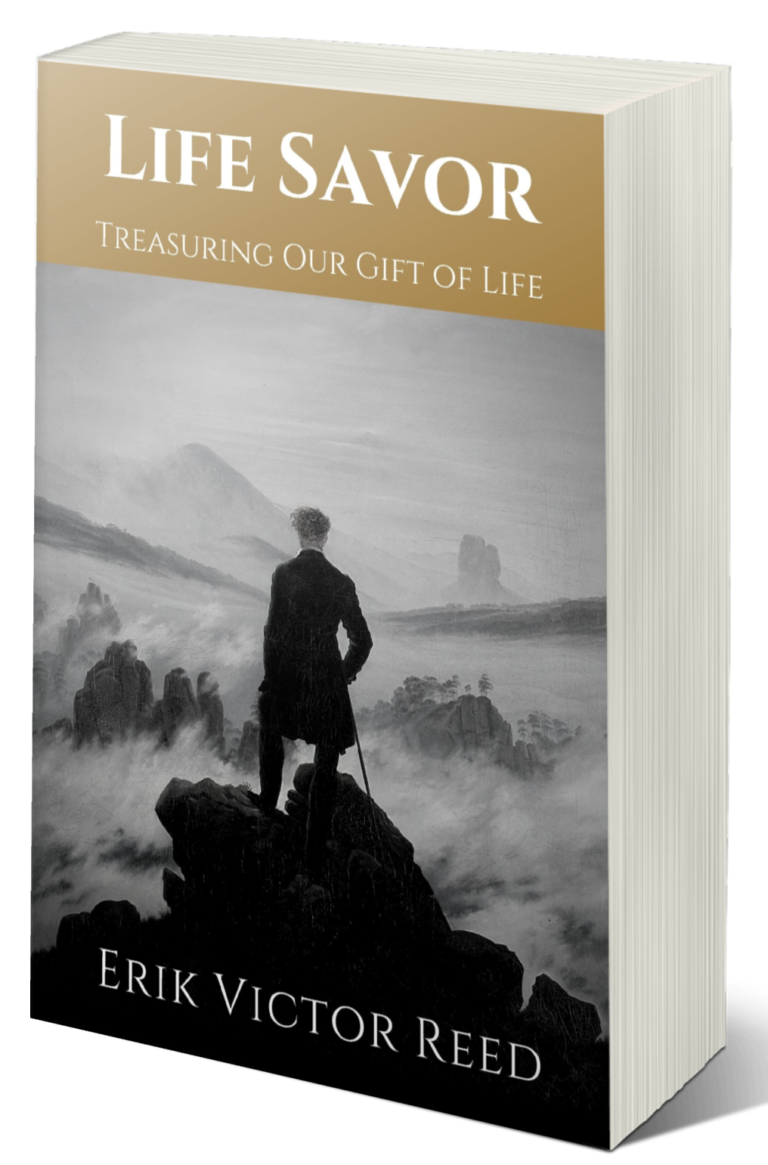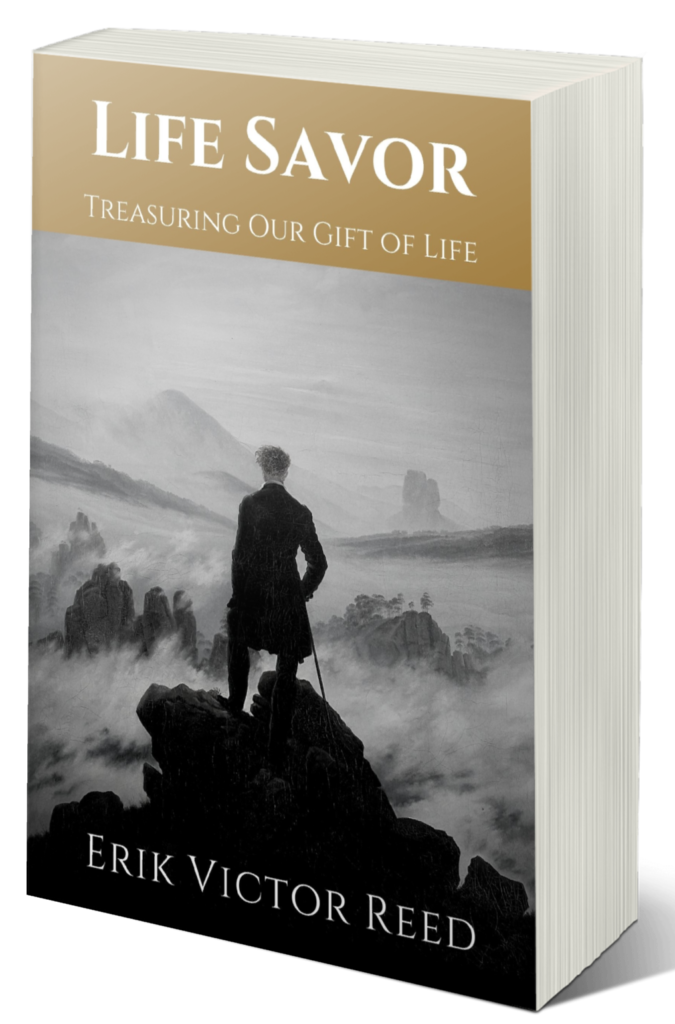Three voices on becoming who we are
1. Kierkegaard: The Self as a Relation
“The self is a relation which relates itself to itself.”
—Søren Kierkegaard
At first glance, this line looks like a puzzle. But sit with it, and it unlocks something profound. Kierkegaard is saying that selfhood isn’t a fixed object we can hold up like a trophy. It’s a relationship. And the partner in the relationship is… ourselves.
We are not a single, unchanging essence. We are an ongoing dialogue — between who we’ve been, who we are now, and who we might become. Selfhood requires awareness: to step back, notice our own becoming, and choose.
Think of a journal entry from ten years ago. You recognize the handwriting, but the voice sounds younger, rawer, perhaps more naive. You are the same person, yet not the same. The relation has continued. Each day, each choice, each reflection, you re-relate to yourself. That dynamic is what makes us alive, not static.
Kierkegaard’s insight is freeing. It means you don’t have to despair if you feel unfinished — you are unfinished, and that’s the point. The relation is ongoing, a conversation still in progress.
2. Emerson: The Courage to Be Yourself
“To be yourself in a world that is constantly trying to make you something else is the greatest accomplishment.”
—Ralph Waldo Emerson
We live in a world of scripts: advertising, social media, peer pressure, family expectations. They all try to write our story for us. Emerson’s challenge is bracing: resist.
Authenticity is not automatic. It requires courage — to say no when others expect yes, to choose paths that confuse or disappoint people we love, to risk being misunderstood. The world is not neutral toward individuality; it constantly presses us into molds.
Emerson’s words remind us that authenticity isn’t loud rebellion for its own sake. It’s the quieter, harder work of refusing to abandon your inner compass. Even small acts — choosing a career path that suits you, speaking honestly in a room of agreement, honoring a fascination others find odd — are victories. Each time you honor your own voice instead of echoing another’s, you notch a small triumph for selfhood.
Over a lifetime, those add up. And in a culture of conformity, to be yourself may truly be the greatest accomplishment.
3. Nietzsche: Becoming Who You Are
“Become who you are.”
—Friedrich Nietzsche
This line sounds paradoxical. How can I become what I already am? Nietzsche’s point is that our potential is not given fully formed. It must be cultivated. The oak is not in the acorn by appearance, but by possibility.
Becoming who you are means discovering and amplifying your unique voice, not living out a copy of someone else’s. It’s about unfolding the self that only you can be. That unfolding requires risk, experimentation, and sometimes struggle. But the alternative — never becoming, never daring — is a deeper loss.
Nietzsche’s challenge is uncomfortable but liberating. He doesn’t say “stay who you are.” He says “become.” Which means growth, trial, and error are not detours — they are the path.
A Scene of a Young Artist
Picture a young artist in a crowded city, surrounded by galleries filled with celebrated names. At first, she imitates. Her brush follows the strokes of masters. Her friends praise her skill, but she feels hollow. One evening, she puts down the brush and sketches wildly, impulsively, colors colliding. She remembers her skills, but for the first time her true self comes out on the canvas.
That’s the moment Nietzsche meant. She wasn’t simply painting. She was becoming who she was.
The Thread Through All Three
Kierkegaard reminds us: the self is a relation — always becoming.
Emerson exhorts us: resist the world’s molds; dare authenticity.
Nietzsche calls us: don’t imitate; become yourself.
Together, these voices insist that selfhood is not given but forged. It requires awareness, courage, and creativity. It’s not about finding yourself once and for all. It’s about continually becoming yourself, again and again.
A Reflection on Mortality and Selfhood
Why does all this matter? Because our time is finite. Mortality clarifies the stakes. If we only get one life, then living it according to someone else’s script is not just unfortunate — it’s tragic. The world will always try to write your story. But in the face of death, only one question matters: Did I live my own?
Selfhood, then, is not a luxury. It is the task of life itself. To relate to ourselves honestly (Kierkegaard), to resist the mold (Emerson), to become our possibility (Nietzsche). Mortality sharpens all three into urgency.
Closing Thought
Don’t wait for a perfect revelation of identity. Don’t fear if your voice feels shaky. Selfhood is the road, not the finish line.
Begin with honesty. Add courage. Continue with creativity.
Because in the end, the greatest adventure is not in discovering some hidden self. It’s in becoming the one only you can be.
For more like this, visit the broader project at life-savor.com, or explore the Life Savor book itself.
To learn more about Life Savor’s philosophy,
read Life Savor: Treasuring Our Gift of Life by Erik Victor Reed.








